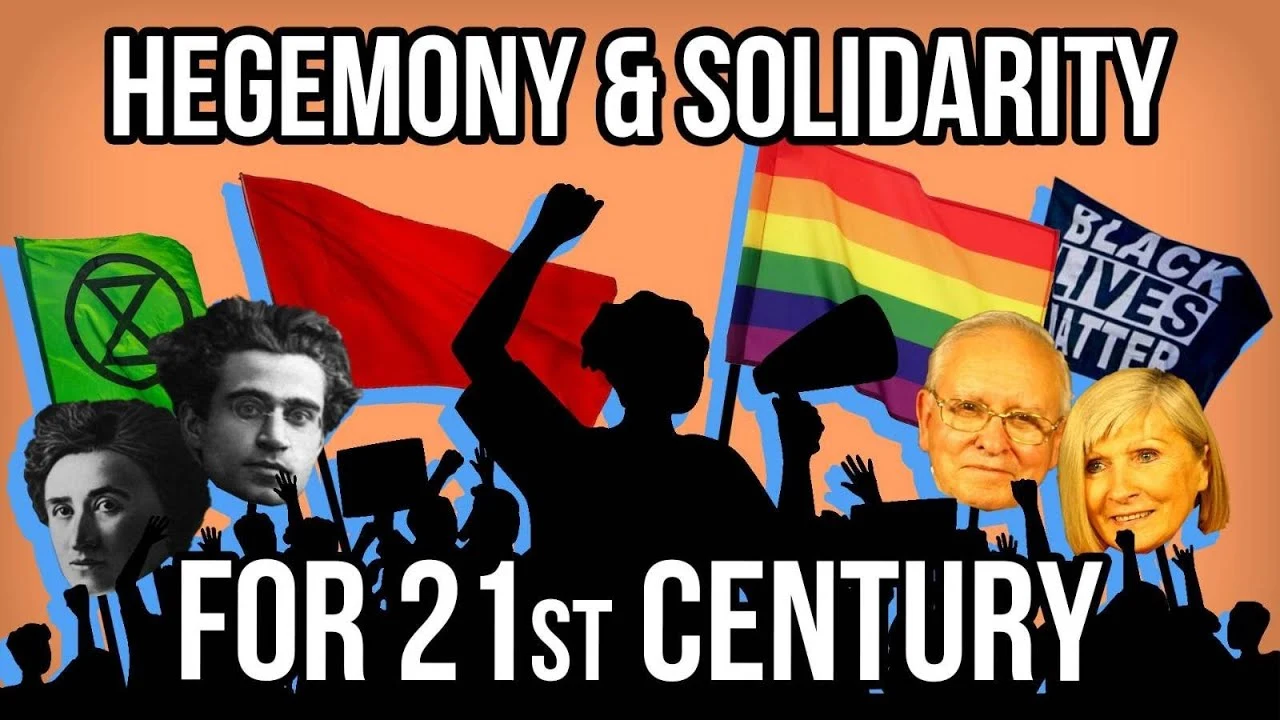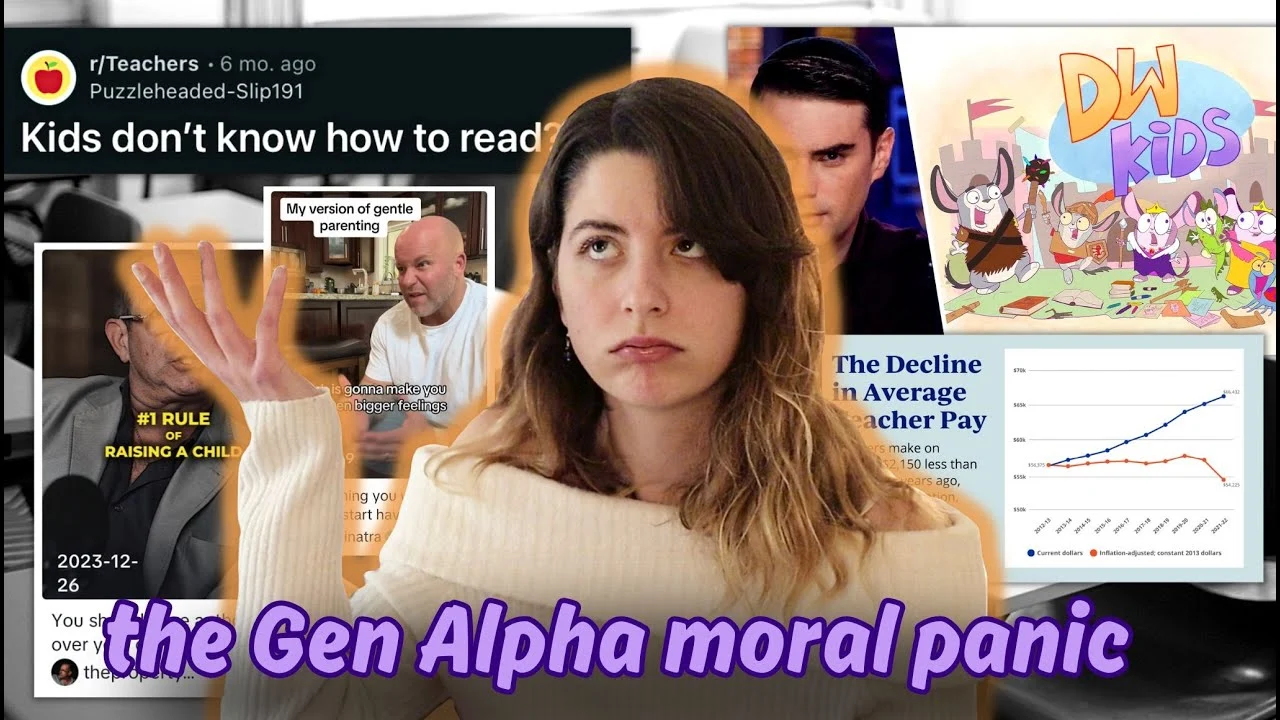If you draw those things, the actual land use becomes apparent, and then you have to draw the infrastructure to bring the food in and take the poop out. Eventually you’ll start to see that there’s an enormous amount of land use just for living, it consumes the island either way, and there’s an argument to be made for living like a village (as they do in actual villages) because of the decentralisation of resources and lowering the land use of infrastructure.
- 25 Posts
- 224 Comments
Humans turn food into poop. They don’t just sit in an apartment. An apartment is a tool to bring in food and take out poop (and other waste).
You can draw a building like that, but to portray the apartment system correctly, you need to show where the poop goes, and where the food comes from.

 1·8 days ago
1·8 days agoYeah agree with what you’ve said. I think your example of Tactical voting lines up with Zagorath’s detailed explanation. Makes perfect sense.
Overall, my main point was that there were a cohort of “small l” liberal voters who accept the science on climate change, and basically cannot vote for the LNP any longer, but for aesthetic reasons really would prefer to stay away from the Greens or Labor.
Bit of both. Actually I think ARM the ISA overall is in good (even great!) shape, but it’s the GPU and other SoC functions which cause the most headaches.

 2·8 days ago
2·8 days agoThank you for the awesome analysis. To try and put what you said intuitively, I guess the “strategic” voting is to compromise as early as possible with a group whose “second choice” would be your last choice (and that is also a very popular first choice but only just popular enough to win). Does that sound correct?
So in your political compass, instead of picking the closest option to you on the compass with a Greens/Labor vote, you would pick a spot closer to the overall vibes of the electorate with a Teal vote to solidify that choice against an even further to the right choice which would win by a narrow margin?
Qualcomm had an exclusivity deal with Microsoft which has expired. I think that’s what is causing them to put relevant code in mainline.

 2·10 days ago
2·10 days agoSure, what I have is anecdata, but I will say the study is focused on the teal voters, whereas the people I’m talking about were members or organisers. They did door-knocking or sausage sizzles or similar.
For this comment, I’ve decided to go to the actual study rather than use the ABC’s interpretation of it.
Firstly, the analysis is that there are fewer “rusted on” voters, which is consistent with what I’m trying to say. A bunch of rusted on LNP voters have become less rusted on, so to speak. The first half of the analysis broadly agrees with what I’ve been saying.
I don’t know if ranked choice voting really works with “tactical voting”. Someone would need to draw me a diagram, but overall the way most people vote is to put the candidate they like the most at the top, and the candidates they like the least at the bottom. If they distrust the majors, they put the majors “later”. Basically, if you think the Teals are going to get up, but you want the Greens, you’re still better off putting the Greens on top. There’s a very small corner case where the a bunch of small parties can trade places based on a handful of votes but it’s not common, and if you want the Greens but are happy with Teal, you’d still put them in the order you want. The study does say in the first half that people are way less likely to use HTV cards, which is consistent with what I’m trying to say.
I think what’s happened is that they’re looking at 2019, the Scomo era. By that era, the voters I’ve been talking about would already have shifted to Labor or the Greens as Option 1, something they would not actually want, they just wanted a Scomo Coalition even less. I think the Teals actually are the first preference here, and a lot of these guys used to vote LNP in maybe 2015.

 2·11 days ago
2·11 days agoOK here’s my Anarchist “Hot take”. It’s not correct, but I’m building an oversimplified model to make what’s happening somewhat visible. Let’s divide people up into two groups: One group has “experts”, who are pretty alone / introverted, but doesn’t really do the work of meeting up with others. The other group has people who know how to gather a party together, through a bbq or cookout or family meals or an actual party, but aren’t too bright.
In the past, both groups were kind of homogenised together, to the extent that neither group really knew the existence of the other, but they knew how to make things “work”. Like the experts didn’t know how the cookouts happened, but they just needed to turn up, and enjoy the party. The rest was more or less magic. The other group knew the effort to bring people together, but didn’t realise that some of those people were more valuable than the others. The actual dissemination of expertise was more or less magic.
Today, we have social media. The cookouts happen in social-media spaces, but what’s happened is that the experts and the non-experts have split (sort of like the milk we’re talking about here). The experts can “meet” without the party people, and the party people “meet” with the other party people. In the past, the experts would naturally become the trusted members of society because people would know them over the years being right over and over. Today, however, the experts are effectively in a different world to the party people, who are all vying for a “trusted position”. This is valuable, because the party people are “gullible” – I don’t mean this in a negative sense, just that they must trust the expertise around them, the social proof, or the consensus. Repeating that this used to work because actual experts used to be among them.
So you have people like Alex Jones, who is a snake oil salesman. In the past, a niece or nephew might have been able to tell their family not to listen to Alex Jones, and that would have worked. However, that’s no longer effective because Jones has unadulterated, prime position straight to the party people’s brain sockets through talking for hours at end about this crazy stuff. The nephew is also not at enough of the cookouts to counteract that. This pushes the family apart (we’ve seen this narrative now, people who are so far in the alt-right pipeline they can’t back out) and allows Jones and co to completely wreck these people’s lives.
So in short, I don’t think this is a consensus reality thing. I think it’s a filter bubble thing. We’ve managed to make it easy enough to filter things we don’t want to hear, and to not work with people who don’t agree with us. Oh and don’t think the “experts” are in a better position here. They fundamentally can’t organise a party. They don’t know how.

 4·11 days ago
4·11 days agoI don’t think that’s a good read of what’s happened given the “teal” voters I know about. Almost to a person, Teal voters are ex-Liberal voters. Pro Hewson, pro Howard, pro Turnbull. A lot of them probably excused Howard’s “Stop the Boats” as the realpolitik of keeping the ONP vote down (something which didn’t really pan out long term).
However, even at Abbott many were noping out. First because they could see how much trouble Turnbull was having, but also because Abbott really was the jerk they saw Howard pretending to be. The “minister for women” probably also hemorrhaged a bunch of women voters too. That I think would have meant the success of the Teals, but not a landslide, until Morrison.
The fact that he could just operate a kleptocrat government, no real skill, no real goals, just ill tempered and mean spirited. I think a bunch of Liberals were looking for a new home, and that was in the Teals. Those liberals aren’t coming back because the LNP isn’t going back to being the LNP. The nationals have taken over enough of the agenda that reactionaries are the only ones left in the Liberal party.
The reactionaries have thoroughly “won” the LNP, all the way over to being the alt-right. Brain-dead “young liberals” will keep the ball rolling over but no serious person is going to care about their stupid ideas. Over time the Liberal part of the coalition will lose votes as the coalition increasingly embodies the National Party agenda. At that point the Nationals might wonder why they are in a coalition with a party which has fewer members than them. What happens to the Nationals at that point is unclear, because Climate Change doesn’t fuck around in 2040.

I don’t understand it, not Trump (who is the mechanism), but the entire conservative establishment. Like they have to know that they, and probably the capitalist system they’ve set up, has about 10 maybe 20 years left if they push in this direction (forget the “selfless” act of humans continuing to live on this planet). Do they really expect to be better off living like this? Or are they so far up their own arseholes that they can’t see what’s going to happen here?
Snapdragon hasn’t had mainline kernel support and has always been a pain to set up, enough so that nobody does it. This is using a snapdragon processor. Those are also fairly powerful.

 1·16 days ago
1·16 days agoErr that name sounds a bit unfortunate.

 5·20 days ago
5·20 days agoMan these guys should try putting more effort into making the game rather than harrassing their employees.

 6·20 days ago
6·20 days agoMy main issue with it is that everyone is using it to push their own narrative about why the game failed. People doing the “It’s a woke game, so it went broke”, or “it’s a saturated market”, or whatever. These are just reactions, not data driven analyses.

Watching Thunberg get radicalised is a bit tragic. Shame on the world for letting this happen.

 2·24 days ago
2·24 days agoYes, actually this is what I’m trying to say. Young people become an underclass and we disconnect from them, and this includes their rights. Thanks for making it explicit, but yeah one of the things I’m saying is that we ought to really consider the cases when children have to forego certain rights, and connect that to community so they effectively get those rights back, a sort of liberty through pedagogy / the “informed” part of informed consent.

 7·25 days ago
7·25 days agoAlso read recently that people in the US don’t think of a particular year group (eg: 1950, 1970s) as being “the best” but a particular age. That is, everyone wants to return to an age where they were basically early - mid teenagers.
























What are you talking about. It’s an island. Where are the animals for the kebabs? Where are the “groceries” coming from? How much power does it take for the “single” sewer line? Who said the houses would have a sewer line and not septic tanks? What roads? I’m not arguing for the thing on the left, I’m saying there’s a reason why we have been building villages in village shapes and not in apartment shapes.